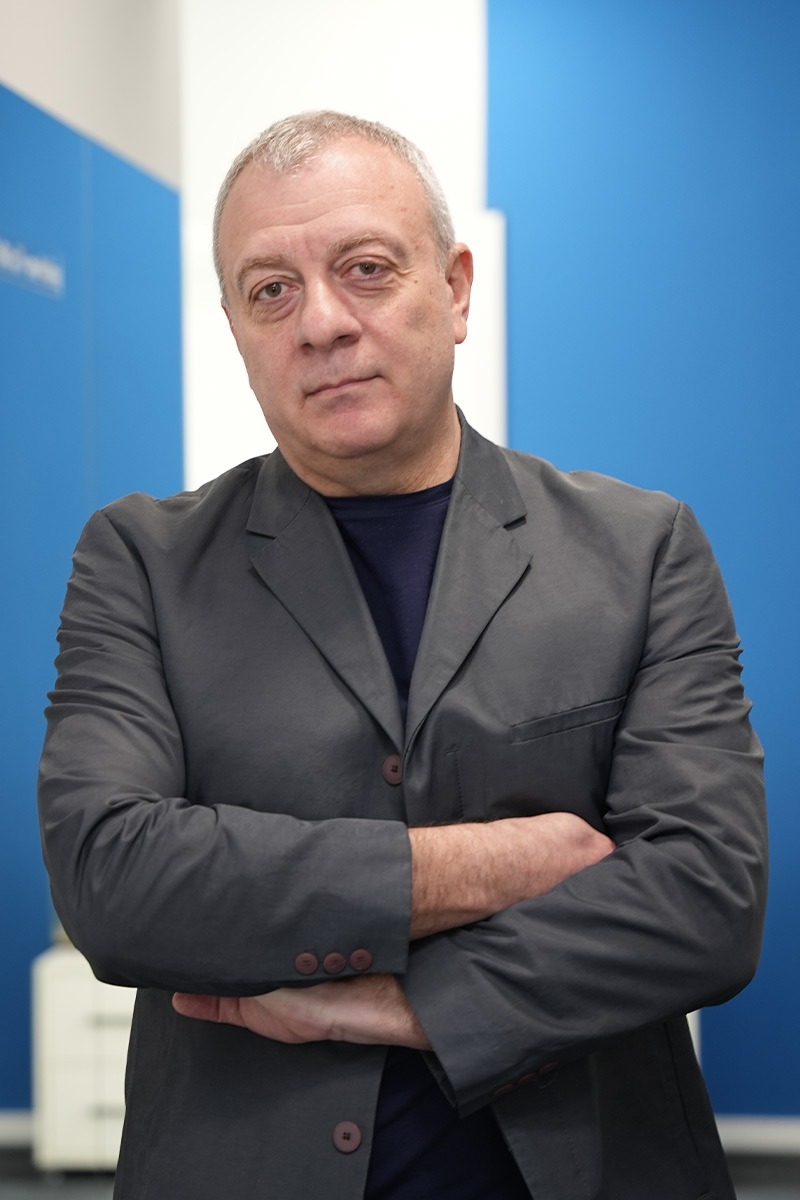Classroom Revolution: How AI is Changing Education
 A quiet revolution is taking place in the daily routine of modern education, led not by politically or socially active people, but by lines of code, algorithms, and artificial neural networks. Artificial intelligence (AI) has begun to transform the learning landscape, promising to soon change education from a one-dimensional model to a personalized, interactive, accessible, and endless experience. However, like any revolution, it also brings challenges and ethical dilemmas.
A quiet revolution is taking place in the daily routine of modern education, led not by politically or socially active people, but by lines of code, algorithms, and artificial neural networks. Artificial intelligence (AI) has begun to transform the learning landscape, promising to soon change education from a one-dimensional model to a personalized, interactive, accessible, and endless experience. However, like any revolution, it also brings challenges and ethical dilemmas.
The Promise of Personalized Education
The main promise of artificial intelligence is its ability to personalize education. Every student has unique needs and learning styles, and AI is increasingly able to adapt to these individual differences. Tools like “Khanmigo” from Khan Academy are at the forefront of this movement. Khanmigo, an AI-powered tutor, helps tailor educational content to a person’s pace and learning style. It can identify a student’s needs in real-time and provide personalized feedback, something incredibly difficult in traditional classrooms due to the teacher-student ratio.
Moreover, AI serves not only students but also acts as an assistant. It can automate grading systems, manage administrative tasks, and help develop curriculum content. This delegation of tasks allows teachers to focus more on the interpersonal aspects of teaching, fostering deeper connections with students and addressing a range of nuanced educational issues.
Innovation in Teaching
The integration of artificial intelligence into educational practice offers various innovative approaches to learning. Interactive AI-assisted learning, where students interact with intelligent systems, has proven particularly effective in subjects like mathematics and programming. For example, platforms like Khan Academy provide interactive exercises with AI-driven guidance tailored to students’ responses, ensuring that the learning process aligns with their current level of understanding.
AI’s power also extends to creative fields. It operates as a co-author in the creative process, helping to develop students’ creative abilities. Interaction with AI not only enhances learning but also makes it more enjoyable and engaging.
Facing Challenges
Despite its benefits, integrating artificial intelligence into education does not come without challenges. Academic integrity is a major concern. Given that AI can create essays, solve math equations, and even participate in coding, there is a risk that students might use these tools to bypass the learning process. Schools and educational platforms are increasingly investing in AI monitoring tools to ensure the proper use of AI.
Data privacy and security are also significant challenges. AI educational tools collect data on students’ learning habits, progress, and challenges. Ensuring the ethical and secure storage of this data is crucial to maintaining trust in these technologies.
The Path to the Future: Policy and Regulation
The transformative power of artificial intelligence in education requires a strong policy framework to regulate its future use. Without clear rules, there is a risk of misuse of AI tools and accumulated data. Policymakers, educators, and technologists must work together to create guidelines that maximize the benefits of AI while minimizing its risks.
Teacher training is also essential. As AI dominates classroom spaces, teachers need to be well-versed in its applications and limitations. Professional development programs focused on AI tools will become the norm, ensuring teachers are prepared for effective integration of these technologies into their teaching practice.
In conclusion, AI in education is a double-edged sword. It offers unparalleled opportunities for personalized learning and teaching efficiency while posing significant ethical and practical challenges. The evolution of artificial intelligence in education is not just a technological change but a fundamental transformation in the way knowledge is transmitted and acquired. In the coming years, it will be crucial to determine how effectively we can use this powerful tool to enhance human learning while preserving our values and principles.
As we stand on the brink of this educational transformation, the question arises: Will we use AI merely to replace traditional learning tools, or will we leverage it to truly enhance human intellect and creativity? The future will determine the answer.
Sergi Gvarjaladze
Chief Development Officer of the Kettari Foundation


